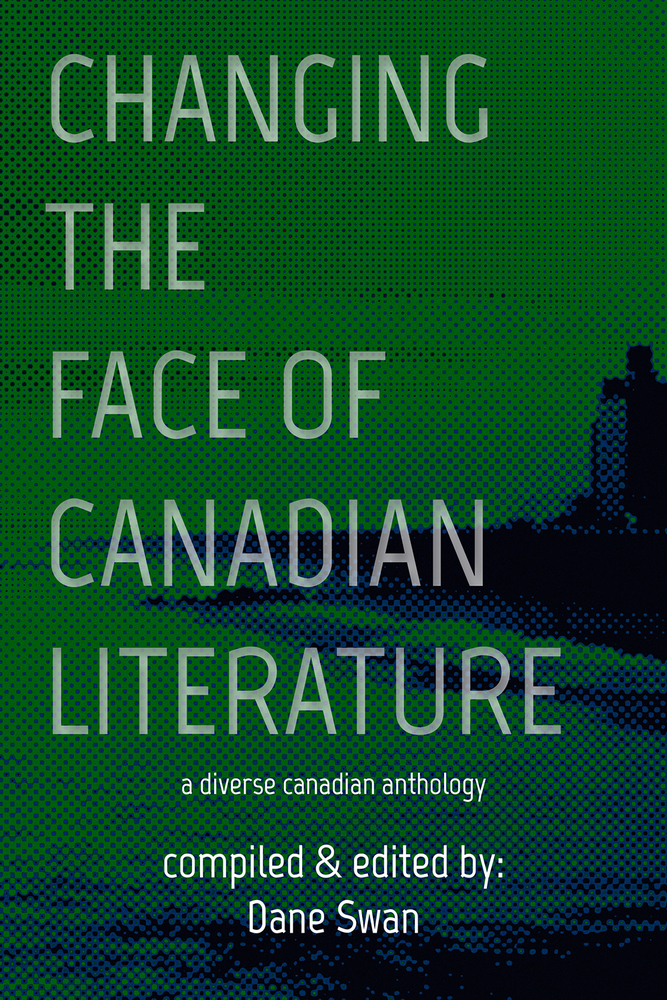This is Essential Anthology Series 12 from Guernica. I applaud Dane Swan’s bracing, celebratory forward to focus the reader on diversity, inclusion, and active listening as they read a wide array of narratives. It is a reminder to stay alert and keep pushing for change. Here, the focus is on the poetry, spoken word, and fiction of 30 writers from across the landscape of the nation that calls itself Canada. There are no formal sections, but the works move the reader forward in a sine wave of images and powerful feelings. The range of emotions is vast: fury in the face of lifetimes of systemic racism and exclusion; despair and trauma; profound mistrust of institutions; and a lack of respect and dignity that can sear the pages. At times there is strangeness, and other times wry wit; every voice has an essential story to tell.

Of the 30 works, I mention below those that feel the most profoundly moving and/or disturbing and those in which the writing is strong and original.
Norma Dunning and Adam Pottle each describe trauma and abuse in institutional (school) settings, places where children are supposed to be safe. In her story “Kabloona Red,” Dunning provides us with a chilling, terrifying account of her life in a residential school. The narrative voice is remarkably matter-of-fact, given the atrocities (multiple episodes of rape since the age of nine), and the collusion and cover-up by the perpetrators (priests and nuns). This pained and vulnerable voice demands a reckoning. Using distinctive but equally potent verbalization Adam Pottle focuses on ways that voice, lips and tongue form words—“When you speak or try / to speak, it’s like laying an egg through your mouth, / like balancing a tire on your throat”—as the narrator navigates the brutal techniques employed during his “education” in the brilliant poem “School for the Deaf.”
Outstanding dialogue and fabulous language characterize the piece by Pamela Mordecai, “The Tear Well,” in which the point of view is the eldest daughter in the aftermath of their mother being taken away in an ambulance after a beating by their father. Woven in and out of the narrative is the revelation that Papa is white and Mama is Black. The strained, tense atmosphere is vividly felt. Sara Tilley’s remarkable piece “Crystal,” also addresses an abusive relationship. In it, the narrator Carrie leaves the twisted, manipulative Martin, after eight years of trying to please him. The story is dominated by Crystal, a Phantom Baby, whom I will not easily forget: “The baby is made of mist, but the mist is like coral, porous and hollow…so that this blood-baby thingy is red but gauzy, wet but nothing, and it floats.”
Underscoring whose work is (always) privileged, the fine writing of Kaie Kellough in “Capital,” is a moving meditation on the painting “The Death of General Wolfe” and its placement on the second floor in the permanent collection of the National Gallery of Canada in stark contrast to the indigenous art in the basement. Themes of exclusion also run through Doretta Lau’s “At Core We Think They Will Kill Us”; Sheena Kamal’s “Sticky Issues and the Absent Latina”; and Klara du Plessis’s Essay Dwellers—which provided the title for this review. These narratives reminded me piercingly of the extent of willful ignorance that has led to so much exclusion and contributed to cultural genocide. This anthology is a witness to a striking diversity of voices that enrich us even as they may make us fall to our knees.

